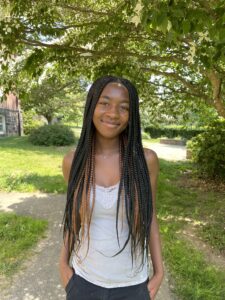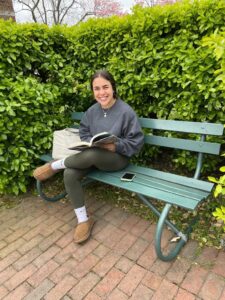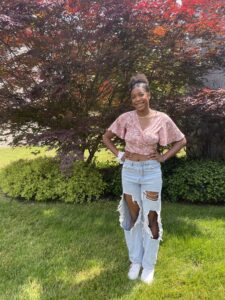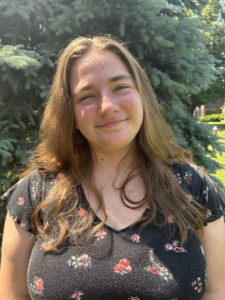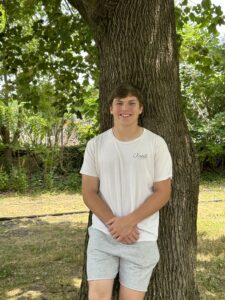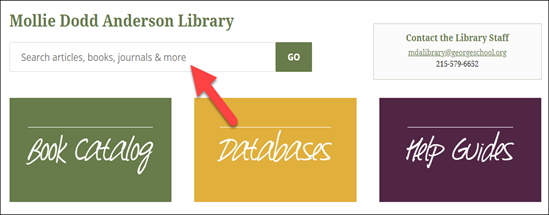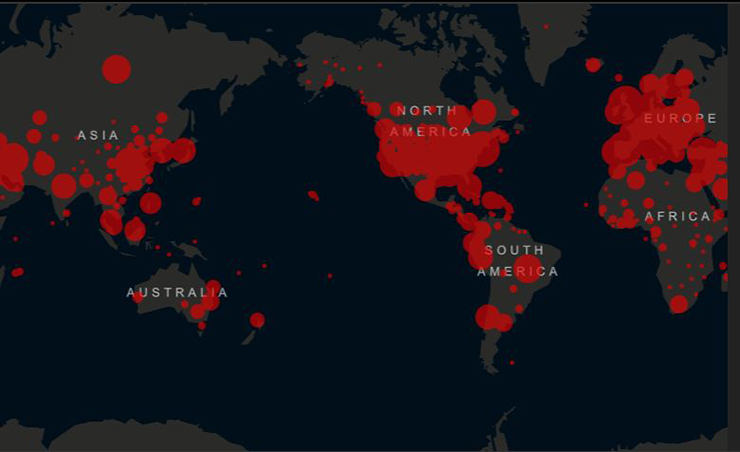
Bob Fest is using his virtual science classroom to take on COVID-19 questions from a scientific perspective. In a world where fake news is touted and scientific data is scoffed at, Bob is taking on the responsibility to guide students toward reliable resources. He and his biology students have participated in a Q&A webinar on COVID-19 and other similarly dangerous and viral diseases, and have been tracking reported cases via the Johns Hopkins Coronavirus Resource Center.
In his IB Environment Systems & Society class, students are looking at the pandemic through the lens of wildlife trafficking and are researching how diseases can jump from humans to animals and vice versa. Bob points out how the possibility of transference “is magnified by habitat destruction and the consumption of wild animals such as bats and primates.” Students in this course are working on research-based opinion pieces of their own that they will submit to local news sources in hopes of publication.
In addition to these COVID-19 related inquiries, Bob’s students are partaking in some more hands-on activities. The students in his IB ESS class have done tests on the soil in their own backyards and have made digital stop motion videos documenting the process. Bob intends this assignment and the videos the students produce to be” informative, scientific, creative, and fun!”
Furthermore, Bob will be live-streaming lessons on aquatic turtle surveying. After he safely and humanely catches a variety of turtles, the students will record and compare data on their physical characteristics. Activities like these will not only provide a way to continue students’ education remotely, but will also help students to safely get out of the house and into nature during social distancing.

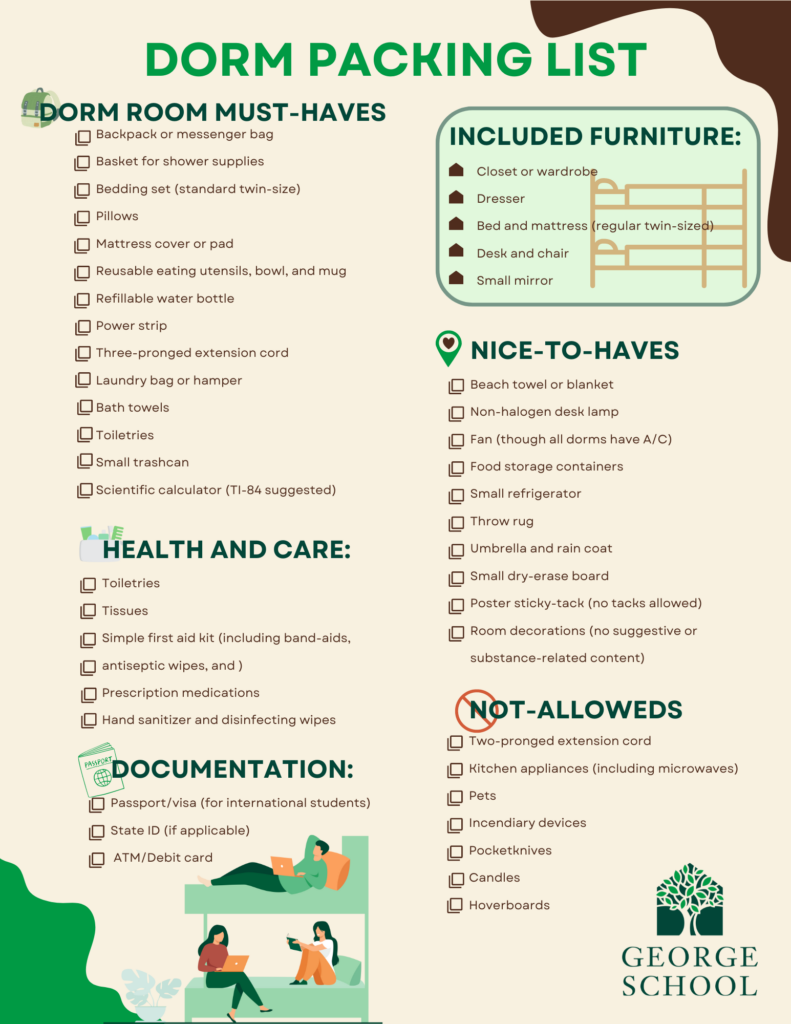
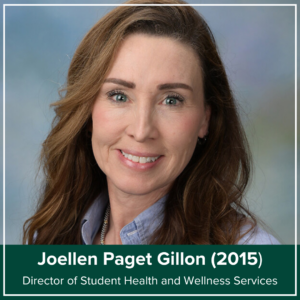 Joellen Paget Gillon (2015)
Joellen Paget Gillon (2015)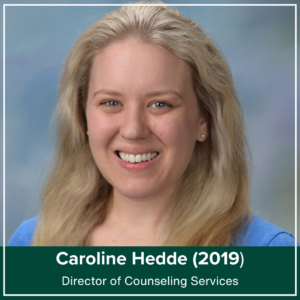 Caroline Hedde (2019)
Caroline Hedde (2019)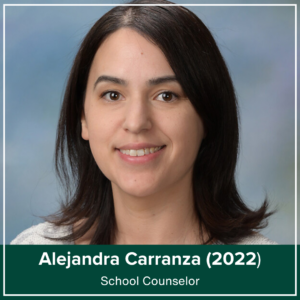 Alejandra Carranza (2022)
Alejandra Carranza (2022) Dr. Mariam Mahmud (2020)
Dr. Mariam Mahmud (2020)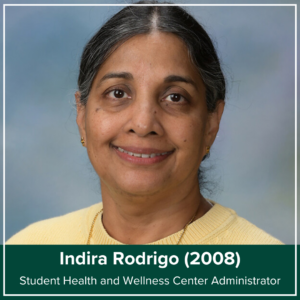 Indira Rodrigo (2008)
Indira Rodrigo (2008)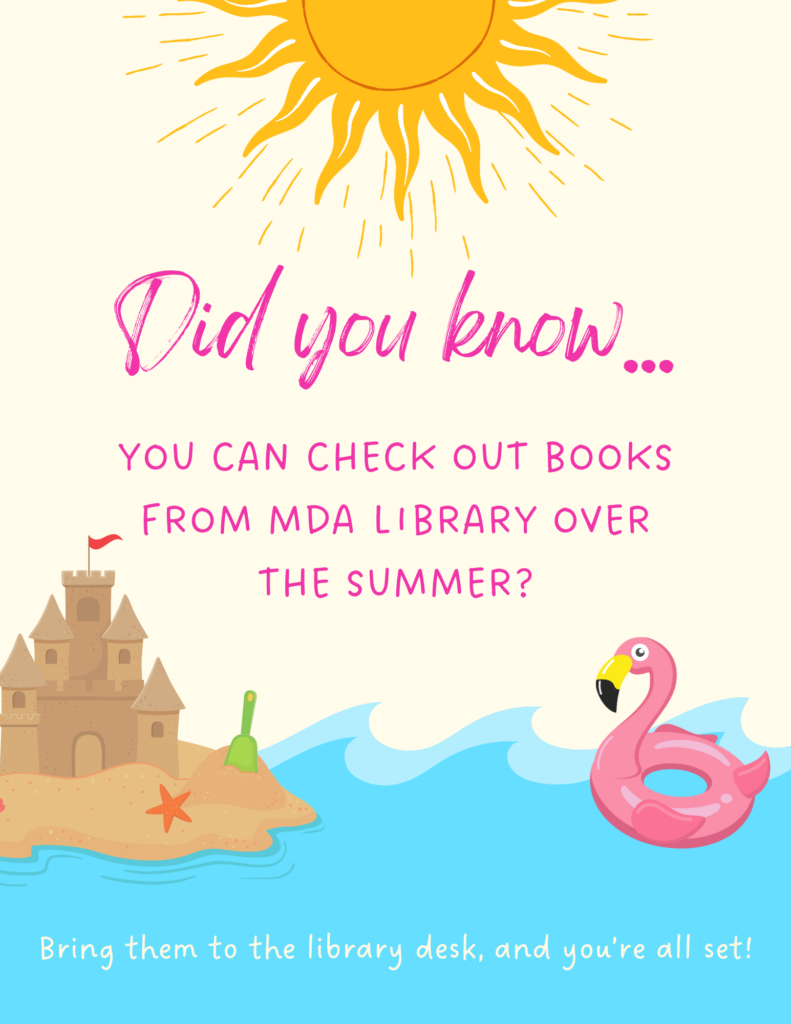
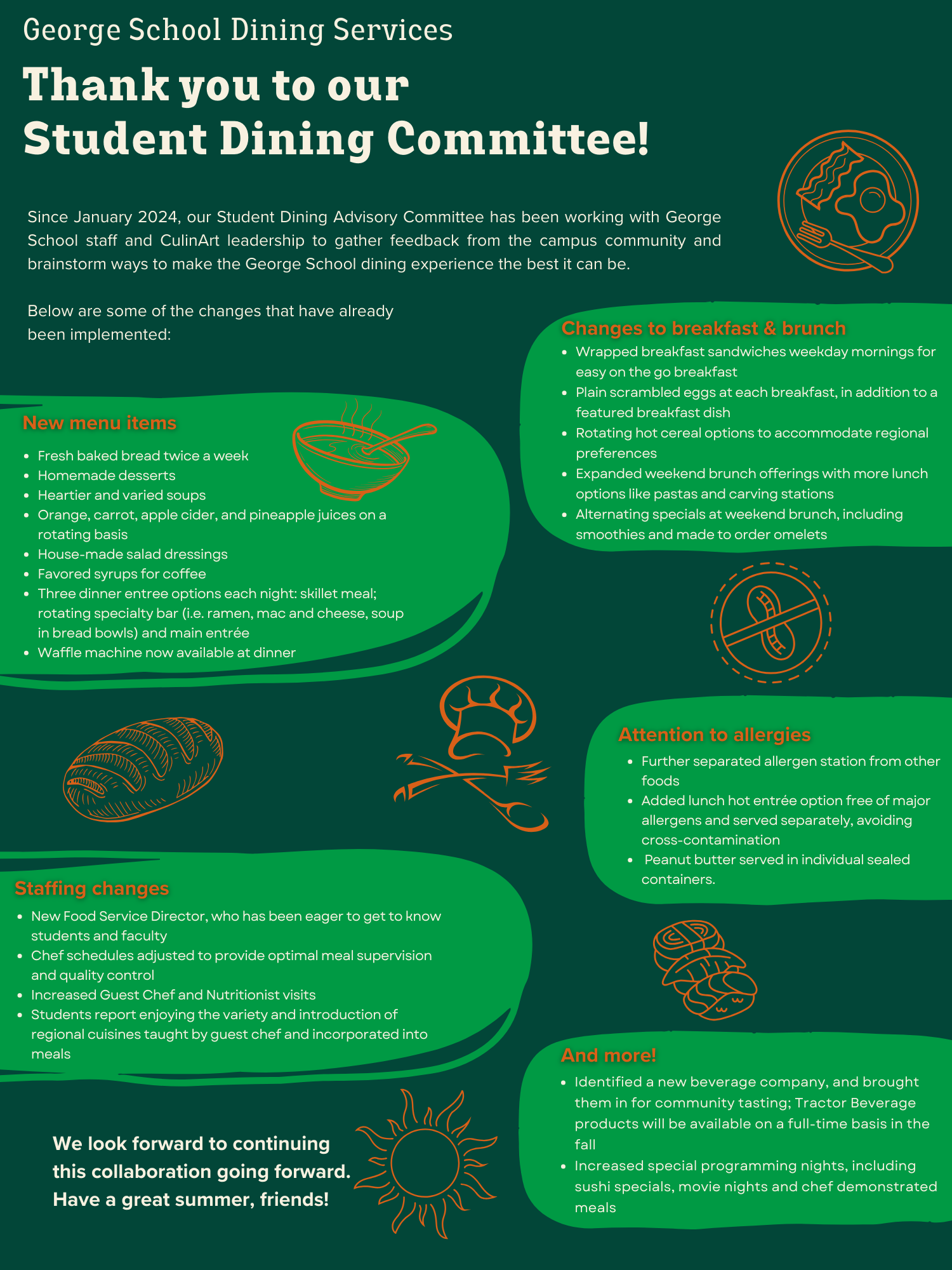
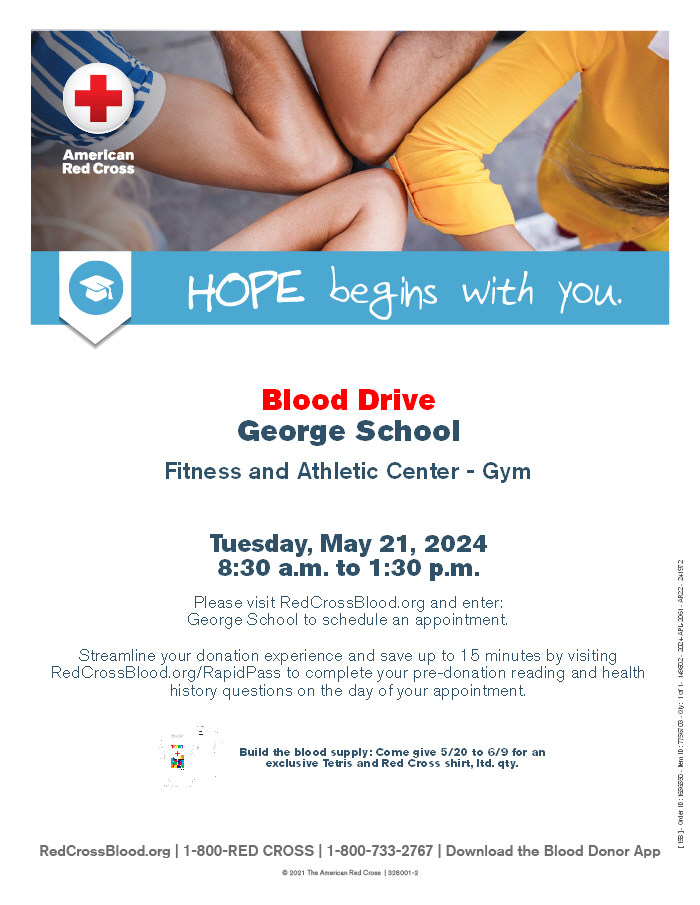
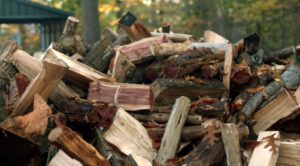
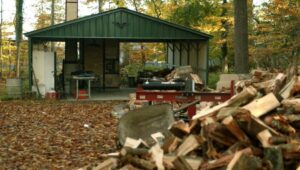
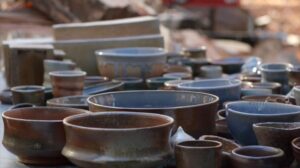
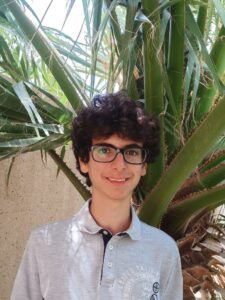 Monastir, Tunisia, and Amman, Jordan
Monastir, Tunisia, and Amman, Jordan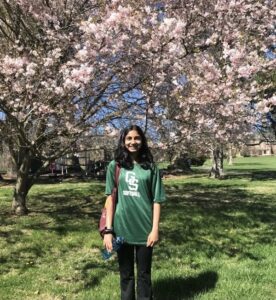 Irvine, CA
Irvine, CA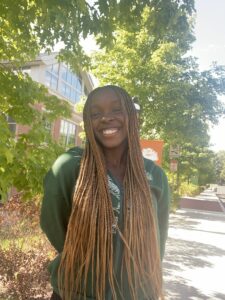 Feasterville-Trevose, PA
Feasterville-Trevose, PA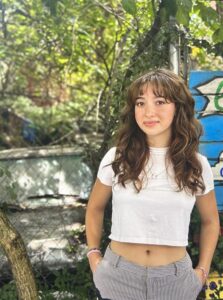 New Hope, PA (Previously NYC)
New Hope, PA (Previously NYC)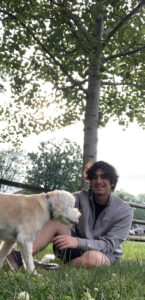 Richboro, PA
Richboro, PA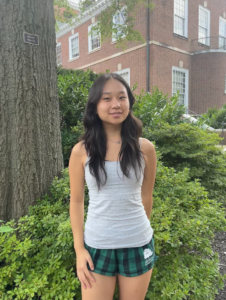 Englewood, NJ
Englewood, NJ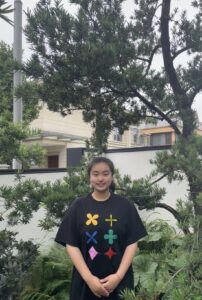 Ningbo, Zhejiang, China
Ningbo, Zhejiang, China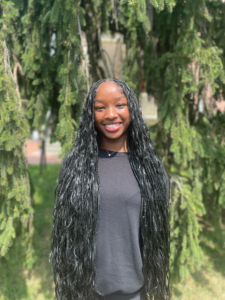 Willingboro, NJ
Willingboro, NJ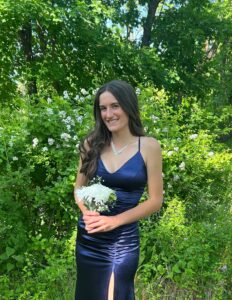 Yardley, PA
Yardley, PA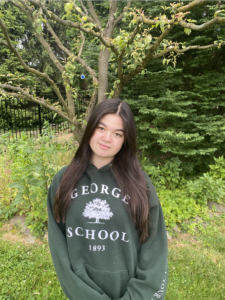 Newtown, PA
Newtown, PA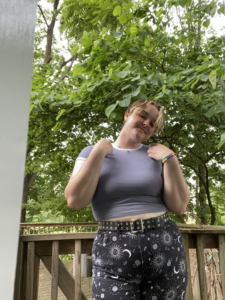 Holicong, PA
Holicong, PA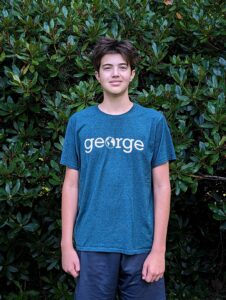 Newtown, PA
Newtown, PA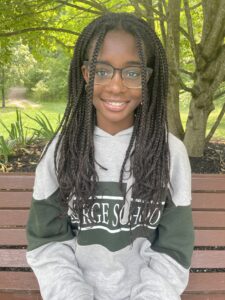 Hamilton, NJ
Hamilton, NJ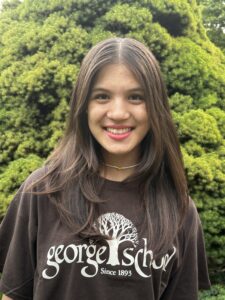 Yardley, PA
Yardley, PA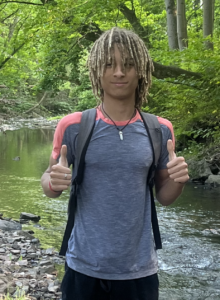 Lambertville, NJ
Lambertville, NJ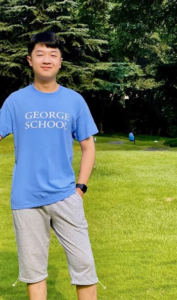 Chongqing, China
Chongqing, China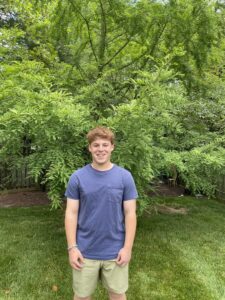 Pennington, NJ
Pennington, NJ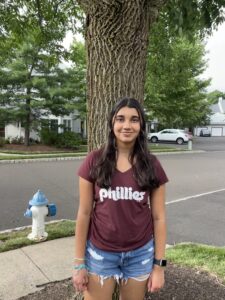 Yardley, PA
Yardley, PA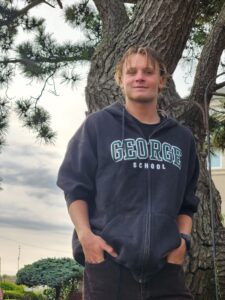 Bensalem, PA
Bensalem, PA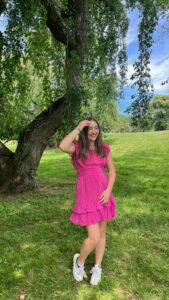 Borgota, Colombia
Borgota, Colombia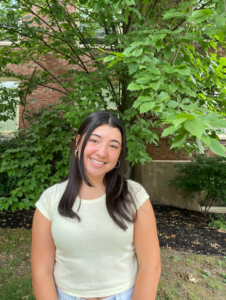 Newtown, PA
Newtown, PA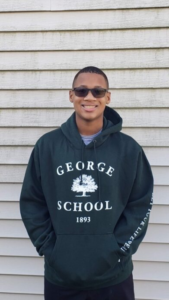 Burlington, NJ
Burlington, NJ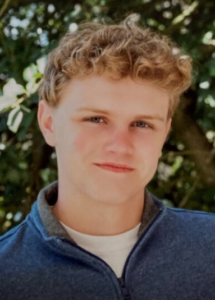 Langhorne, PA
Langhorne, PA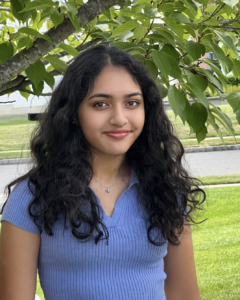 Princeton, NJ
Princeton, NJ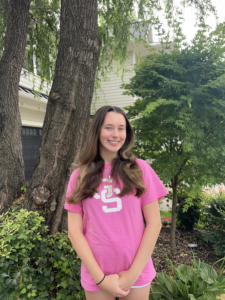 Langhorne, PA
Langhorne, PA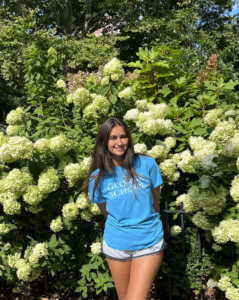 New York City, NY
New York City, NY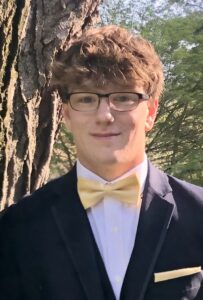 New Hope, PA
New Hope, PA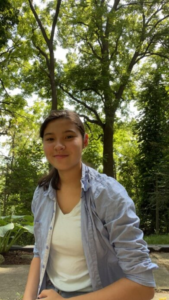 St. Catharines, Ontario, Canada
St. Catharines, Ontario, Canada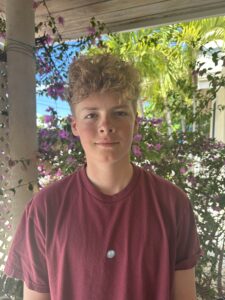 Providenciales, Turks and Caicos Islands
Providenciales, Turks and Caicos Islands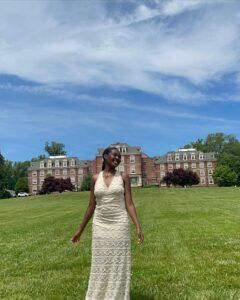 Willingboro, NJ
Willingboro, NJ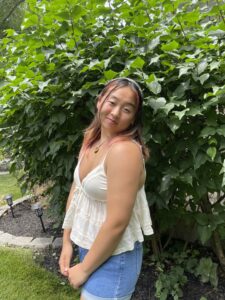 Princeton, NJ
Princeton, NJ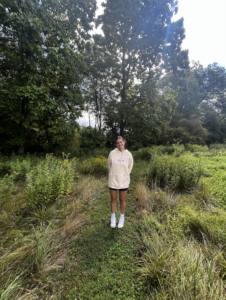
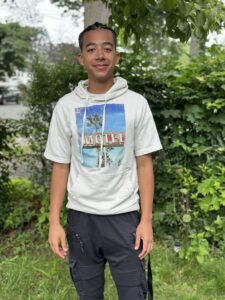 Newark, NJ
Newark, NJ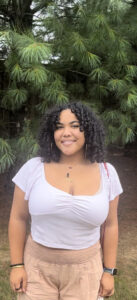 Trenton, NJ
Trenton, NJ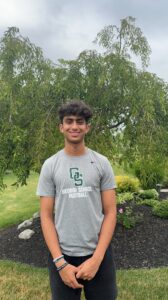 Newtown, PA
Newtown, PA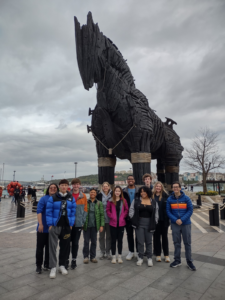
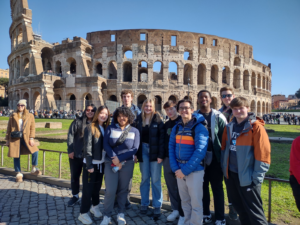
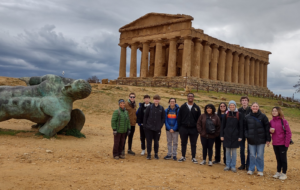
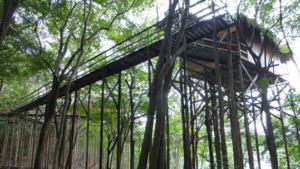
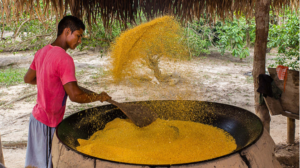
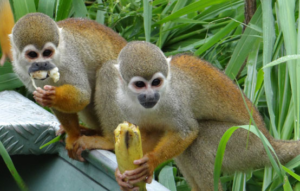
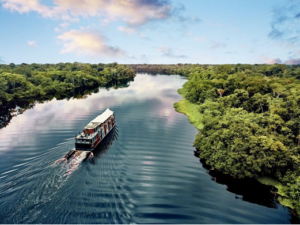
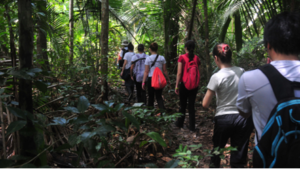
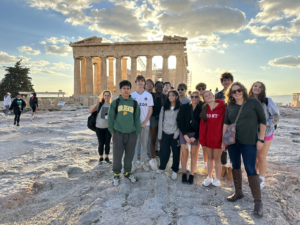
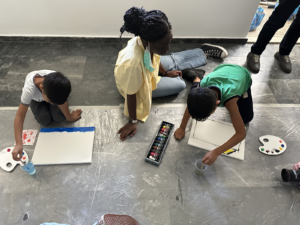
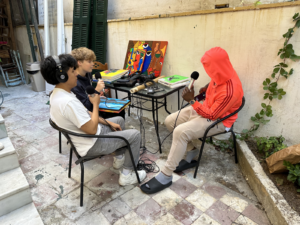
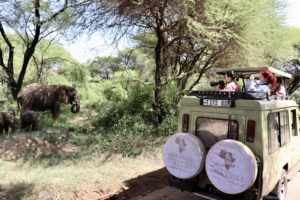
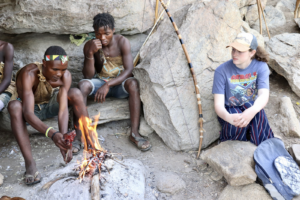
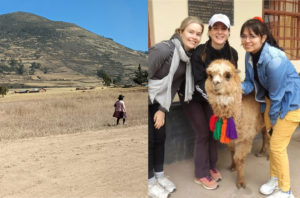
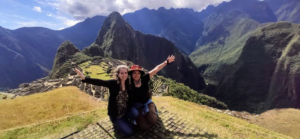
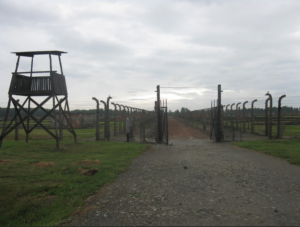
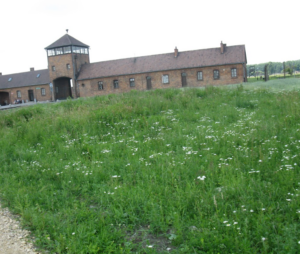
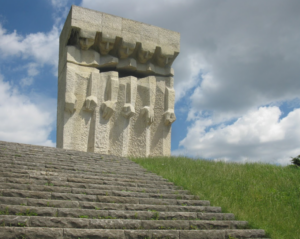
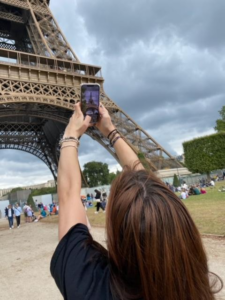
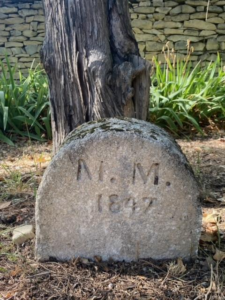
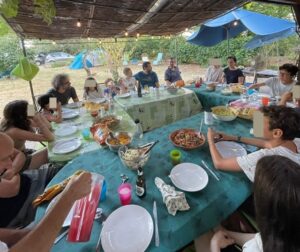
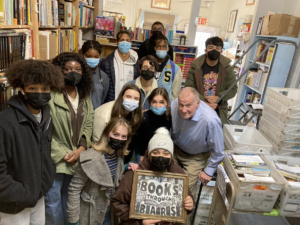
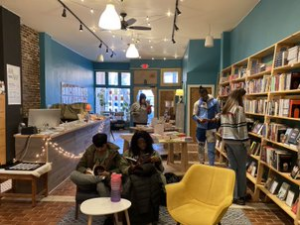
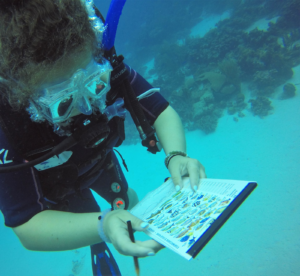
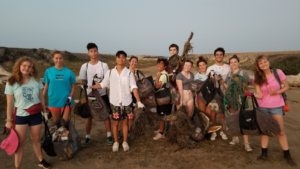
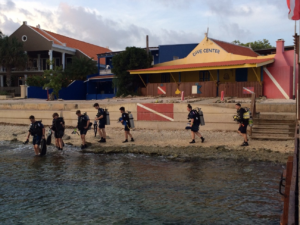
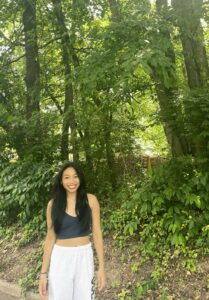 Lawrence, NJ
Lawrence, NJ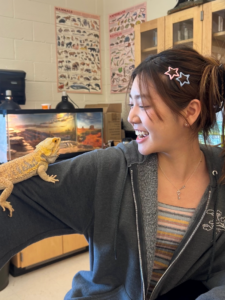 Seoul, South Korea
Seoul, South Korea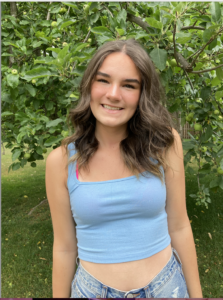
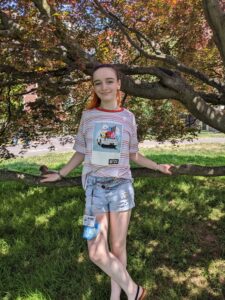 Milwaukee, Wisconsin
Milwaukee, Wisconsin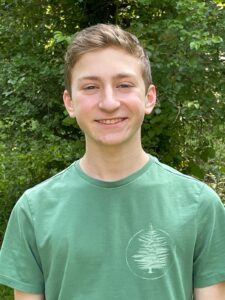 Pennington, NJ
Pennington, NJ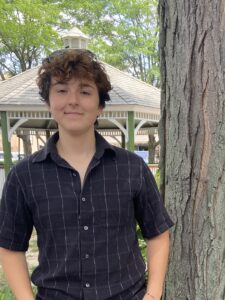 Jenkintown, PA
Jenkintown, PA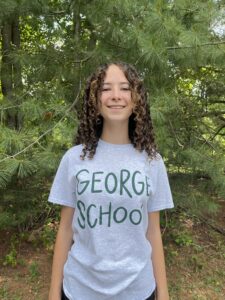 Ottsville, PA
Ottsville, PA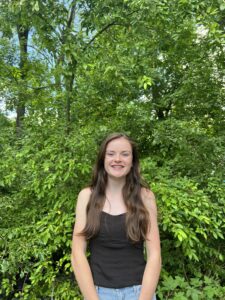 Yardley, PA
Yardley, PA Providenciales, Turks and Caicos Islands
Providenciales, Turks and Caicos Islands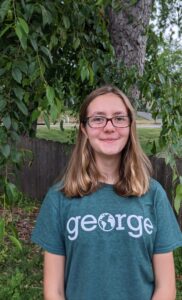 Hopewell, NJ
Hopewell, NJ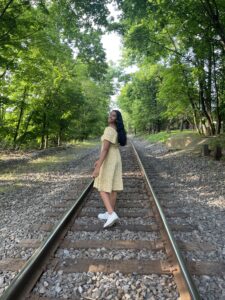
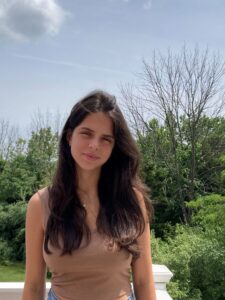 Pottstown, PA
Pottstown, PA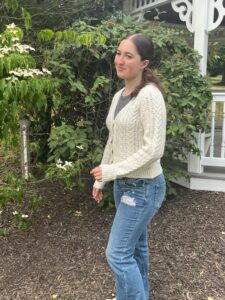 Playa del Carmen, Quintana Roo, México
Playa del Carmen, Quintana Roo, México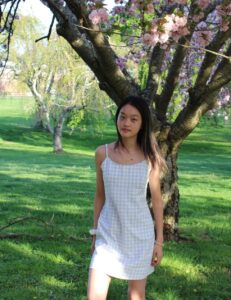 Shanghai, China
Shanghai, China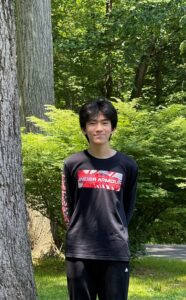 Beijing, China
Beijing, China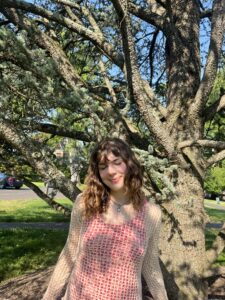 Yardley, PA
Yardley, PA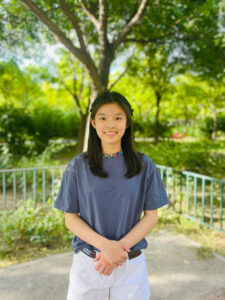 Beijing, China
Beijing, China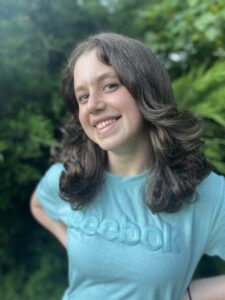 Holland, PA
Holland, PA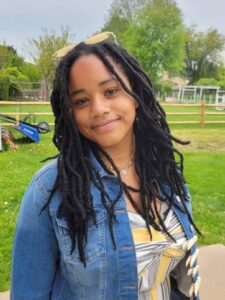 Langhorne, PA
Langhorne, PA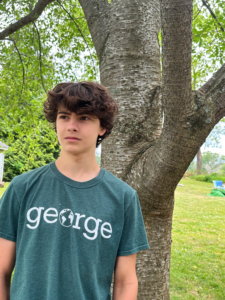 Ringoes, NJ
Ringoes, NJ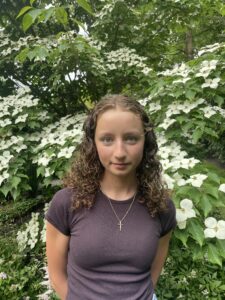 New Hope, PA
New Hope, PA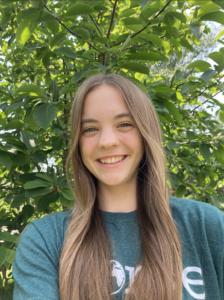 Dreshner, PA
Dreshner, PA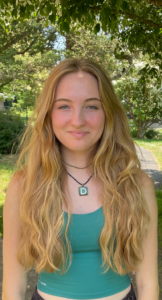 Yardley, PA
Yardley, PA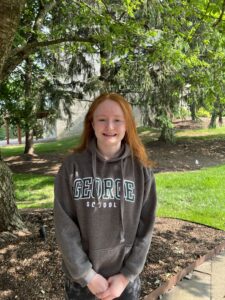 Yardley, PA
Yardley, PA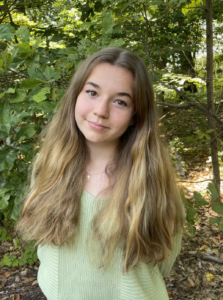 PA
PA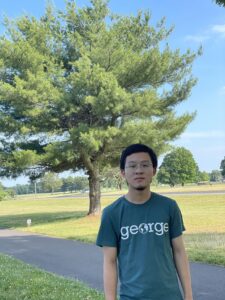
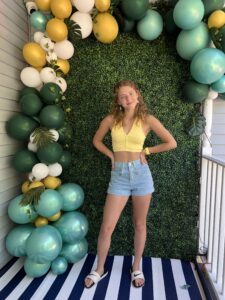
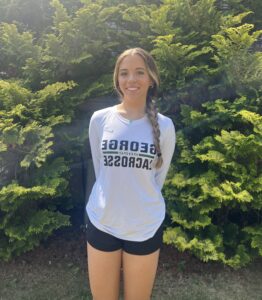
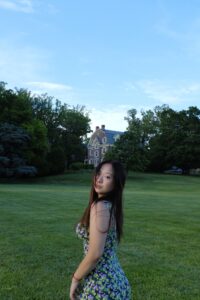 Xi’an, China
Xi’an, China